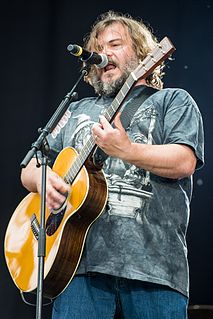A Quote by Georg C. Lichtenberg
Nowadays three witty turns of phrase and a lie make a writer.
Related Quotes
Old Madame du Deffand and her friends talked for fifty years without stopping. And of it all, what remains? Perhaps three witty sayings. So that we are at liberty to suppose either that nothing was said, or that nothing witty was said, or that the fraction of three witty sayings lasted eighteen thousand two hundred and fifty nights, which does not leave a liberal allowance of wit for any one of them.
As every writer knows... there is something mysterious about the writer's ability, on any given day, to write. When the juices are flowing, or the writer is 'hot', an invisible wall seems to fall away, and the writer moves easily and surely from one kind of reality to another... Every writer has experienced at least moments of this strange, magical state. Reading student fiction one can spot at once where the power turns on and where it turns off, where the writer writes from 'inspiration' or deep, flowing vision, and where he had to struggle along on mere intellect.
I don't think I'm a witty person. To me, a witty person is a funny person who is also a smart person. My friend David Rakoff, who died a few years ago, he was a witty person. Fran Lebowitz is a witty person. I don't think there are that many witty people around, so you tend to notice them when they do come around. I don't consider myself to be that.
If there is one thing I think I have accomplished, it's that I always thought of myself as a very literal songwriter, and as I look at some of those older records, I don't hear it now the way I did when I was 20. I think it is undeniable that the songs have become more instantaneously descriptive and literal. I'd like the songs to be more storytelling, but also have the turns of phrase within them that would hopefully distance my writing from the pack. I feel like on those older records there are a lot of attempts at clever turns of phrase.
I'm not a sketch writer. I know what I am: I have a sensitive comedic sensibility. What turns me on is subtle neurosis. That's my game. I'm not an action writer or a thriller writer and I'm not a sketch writer. I don't pretend to be those things. Then it would not be fun. Then you are in a space where this is painful.
[The Head of Radio Three] had been ensnared by the Music Director of the college and a Professor of Philosophy. These two were busy explaining to the harassed man that the phrase "too much Mozart" was, given any reasonable definition of those three words, an inherently self-contradictory expression, and that any sentence which contained such a phrase would be thereby rendered meaningless and could not, consequently, be advanced as part of an argument in favour of any given programme-scheduling strategy.


































